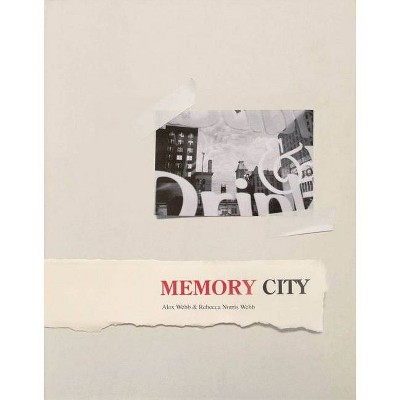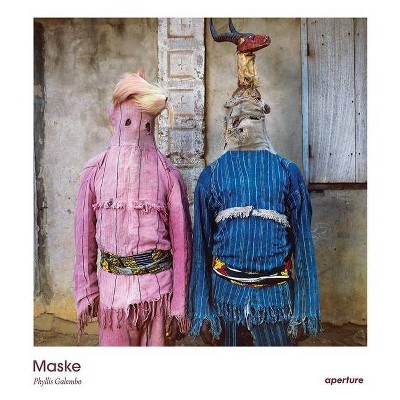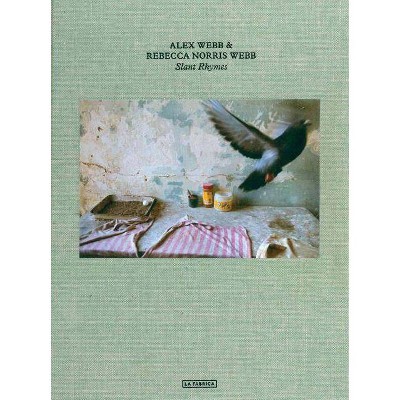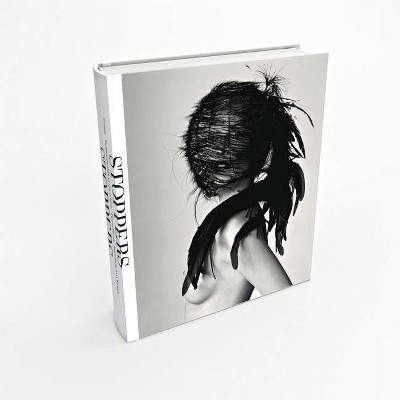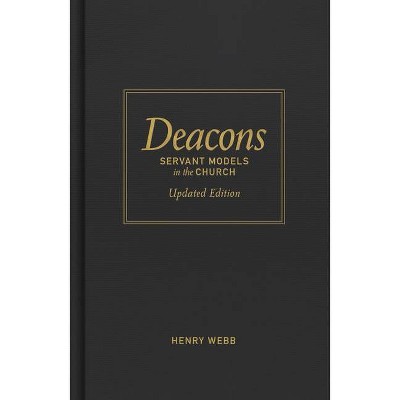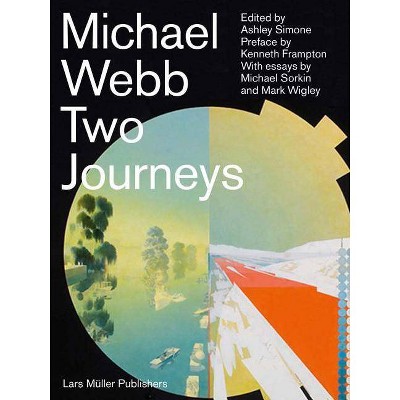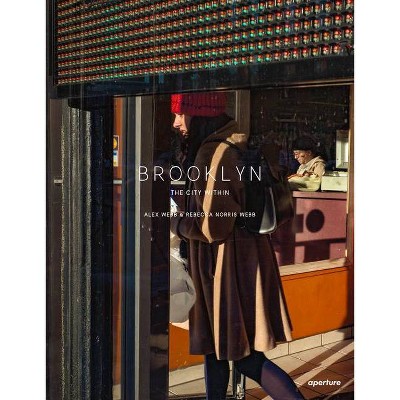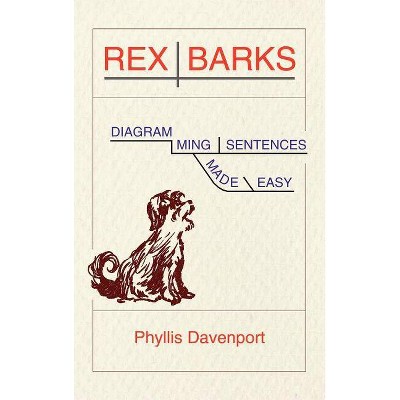Peacock Blue - by Phyllis Webb (Hardcover)
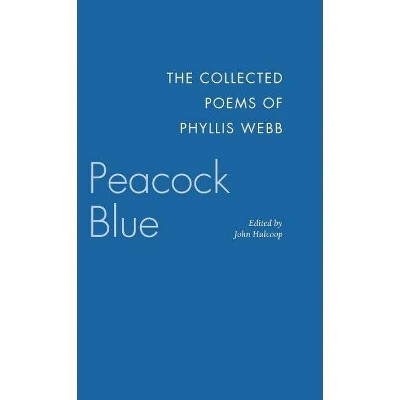
Similar Products
Products of same category from the store
AllProduct info
<p/><br></br><p><b> About the Book </b></p></br></br>Webb's poems bridge numerous conceptual divides: the (porous) boundaries between poetry and painting, poetry and politics, modernism and postmodernism.<p/><br></br><p><b> Book Synopsis </b></p></br></br>When Phyllis Webb published <i>Wilson's Bowl</i> in 1980, Northrop Frye hailed it as "a landmark in Canadian literature" <i>landmark</i>, an event that marks a turning point in something (in this case, Canadian literature); and an instantly recognized feature of a landscape (in this case, the landscape of Canadian poetry). <i>Wilson's Bowl</i> was Webb's fifth volume of poetry. Three more followed and then she fell silent, turning from literature to abstract painting. <p/><i>Peacock Blue</i> compiles in a single volume all of Webb's published, unpublished, and uncollected works from a writing career that spanned fifty years. It offers readers the opportunity to relish the arc of Webb's entire poetic oeuvre, from the modernist lyricism of her early works, to the groundbreaking volume <i>Naked Poems</i> (1965), in which Webb created for herself a new minimalist language; from <i>Wilson's Bowl</i> to what Douglas Barbour calls "Webb's loving and subversive engagement with the ghazal" in <i>Water and Light</i> (1984); and finally to the postmodernist prose poems of <i>Hanging Fire</i> (1990). The concluding section of Peacock Blue contains almost fifty poems previously uncollected, some of which have never been published before. It is full of brilliant but forgotten poems and poetic surprises. <p/>Brenda Carr has suggested that one of Webb's later essays, "Message Machine" (1990), "initiates a re-reading of her poetics and practice ... Against her anxiety that she is a passive 'message machine' for masculinist culture ... Webb posits another possibility - 'cross-dressing.' She theorizes her mimicry of the male persona as analogous to a 'masquerade' or 'street theatre' and in so doing reconstructs even her earlier poems as a performative space in which agency is possible." The truth of Carr's insight becomes increasingly apparent to anyone who undertakes to read through Webb's entire poetic output, gathered together, at last, in <i>Peacock Blue</i>.<p/><br></br><p><b> About the Author </b></p></br></br>Phyllis Webb: Phyllis Webb was born on April 8, 1927, in Victoria, BC. She was educated at the University of British Columbia and McGill University. The first major publication of her poetry was in "Trio," which also included poetry by Eli Mandel and Gael Turnbull. For many years she worked as a writer and broadcaster for the Canadian Broadcasting Corporation (CBC), where she created the radio program "Ideas" in 1965 and was its executive producer from 1967 to 1969. Webb served as writer-in-residence at the University of Alberta from 1980 to 1981 and taught at the University of British Columbia, the University of Victoria, and the Banff Centre. She is a life member of the League of Canadian Poets and currently resides on Salt Spring Island, BC. <BR>Her 1980 work "Wilson's Bowl" was hailed by Northrop Frye as "a landmark in Canadian poetry." When the book had been passed over for a nomination for the Governor General's Award, a group of fellow poets--led by Margaret Atwood, Michael Ondaatje, bpNichol, and P.K. Page--collected $2,300 and sent it to Webb, stating that "this gesture is a response to your whole body of work as well as to your presence as a touchstone of true good writing in Canada, which we all know is beyond awards and prizes" (John F. Hulcoop). <BR>As Stephen Scobie once wrote, the work of Phyllis Webb "has always been distinguished by the profundity of her insights, the depth of her emotional feeling, the delicacy and accuracy of her rhythms, the beauty and mysterious resonance of her images--and by her luminous intelligence." <BR>Phyllis Webb received the BC Gas Lifetime Achievement Award in 1999, the Order of Canada in 1992, and the 1982 Governor General's Award for "Selected Poems: The Vision Tree."<BR>John Hulcoop: Scholar, critic, editor and poet John Hulcoop was born in London, England, in 1930, and pursued his education at University College London. Hulcoop immigrated to Canada in the 1950s and began teaching in the English department at the University of British Columbia, where he is now Professor Emeritus. A nineteenth-century scholar by training, Hulcoop has written on both the novel and the long poem, and has published works on Robert Browning, George Eliot, Truman Capote, and Virginia Woolf. As an editor and critic of Phyllis Webb's work, he edited and wrote the introduction to Phyllis Webb's "Selected Poems of Phyllis Webb, 1954-65" (Talonbooks, 1971) and published "Phyllis Webb and Her Works" (ECW Press, 1990). Hulcoop has also maintained a long friendship with Phyllis Webb. During his college days at University College London, Hulcoop met Jane Rule, resulting in another important friendship. As a critic, Hulcoop pursued a critical interest in Timothy Findley and produced the first major critical essay on Findley's work for "Canadian Literature" (Winter 1981). As an editor and poet he has come into contact with a number of other Canadian writers and has produced two works of poetry, "Three Ring Circus Songs" (Talonbooks, 1968) and "Untuning the Sky" (Pamina Publishing, 2000). John Hulcoop lives and works in Vancouver. <BR>
Price History
Price Archive shows prices from various stores, lets you see history and find the cheapest. There is no actual sale on the website. For all support, inquiry and suggestion messages communication@pricearchive.us
